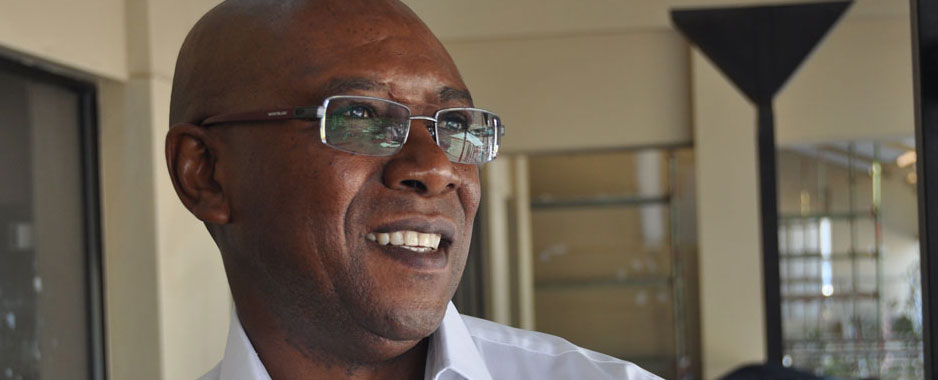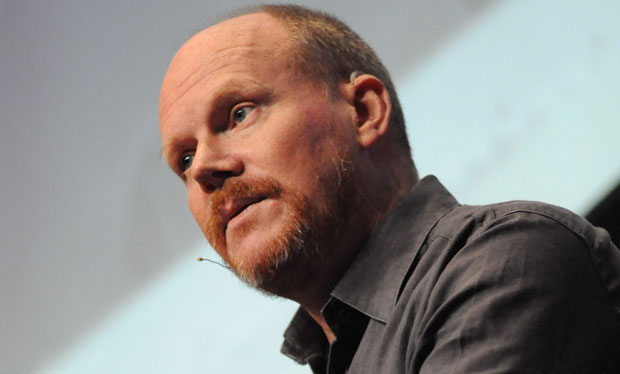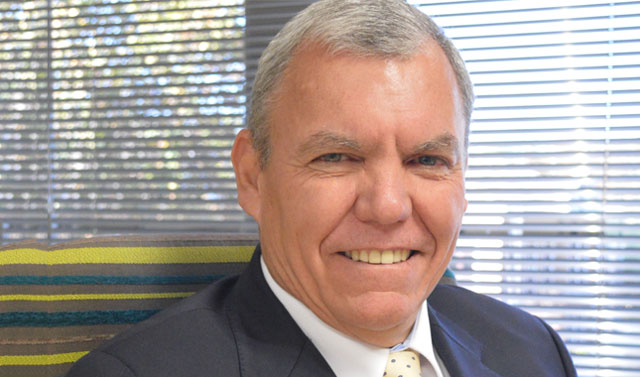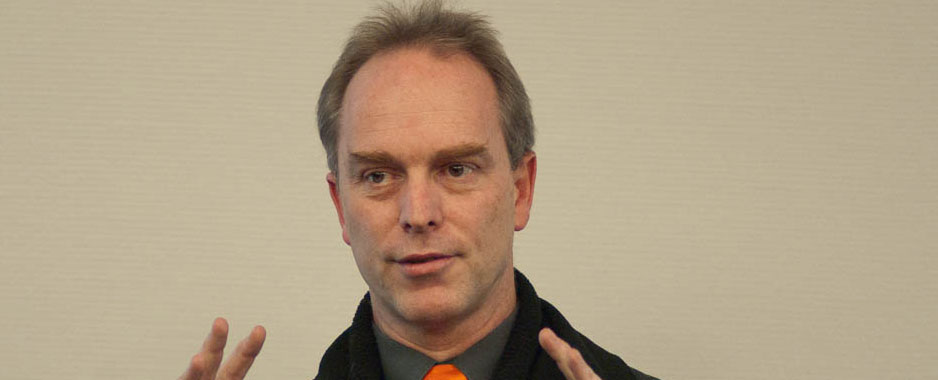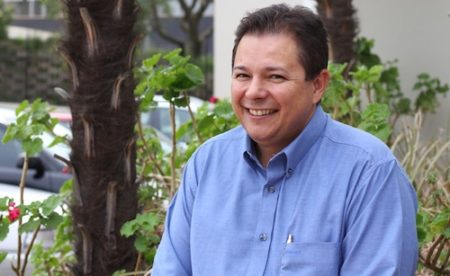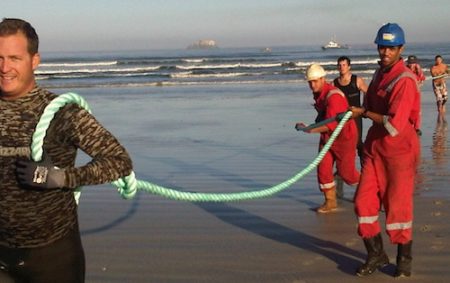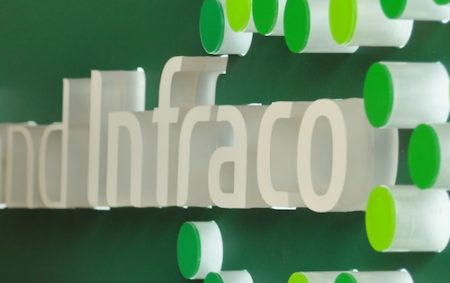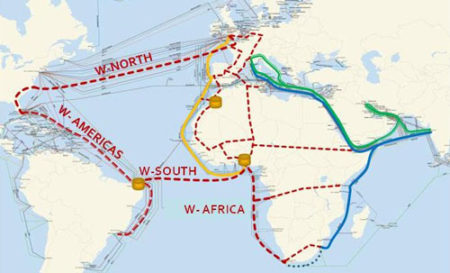The Brics Cable, a superfast broadband submarine network that will extend from the east of Russia to the US via SA, and which will cost as much as US$1,5bn to construct, is already at an advanced stage of planning and should be ready by mid to late 2014, according to Andrew Mthembu, the SA businessman
Browsing: Wacs
Just when telecommunications industry players and analysts thought SA couldn’t possibly get any more undersea broadband infrastructure, news is emerging of a raft of new cable systems that will serve both SA and the region. On Monday, Brazil, Russia, India, China and SA — the so-called Brics countries — announced plans for a new high-capacity
Five years ago, SA had one cable, Sat-3, running down Africa’s west coast and connecting it to the global Internet. Today the continent is surrounded by high-capacity cables, with plenty more, even bigger systems to come. There are now so many cables and such a great deal of capacity that Steve Song, author of the popular
With the abundance of cables landing on SA’s shores, you could be forgiven for thinking it’s one the most connected countries in the world. In a sense, it soon will be: there’s no shortage of international capacity on the way. What’s lacking is widespread local access to take advantage of it. The problem isn’t without solutions, but
Next month, the gigantic West African Cable System (Wacs) will come online, bringing around 400Gbit/s of submarine fibre capacity to SA at launch. But what does this increase in capacity mean for SA consumers and Internet service providers? Sean Nourse, executive for connectivity at Internet Solutions, says that although the effects of Wacs
The 14 000km West African Cable System (Wacs), the first new sub-sea telecommunications cable along Africa’s west coast since Sat-3 was launched 11 years ago, will be launched officially in about a month’s time. Angus Hay, co-chair of the Wacs management committee and chief technology officer at Neotel, says
BT Group (formerly British Telecom) is expanding its presence in sub-Saharan Africa, including in SA, doubling the number of people it employs across the Middle East and Africa and investing in fibre-optic telecommunications infrastructure, the company said on Tuesday
Consumers can look forward to even cheaper broadband prices, with many new undersea cables set to come online within the next 18 months. It is unclear how much of a decrease is likely, but talk in the industry is of a 10% to 20% drop in local prices
Troubled state-owned telecommunications wholesaler Broadband Infraco has promised to ramp up its spending from next year as it seeks to establish more network points of presence in towns and cities across the country. Newly appointed chief technical officer Kiruben Pillay
Details are emerging of plans for the construction of yet another high-capacity submarine telecommunications cable to serve the African continent. The Wasace cable, which will connect Africa, including SA, with South America, North America and Europe, and which will cost


